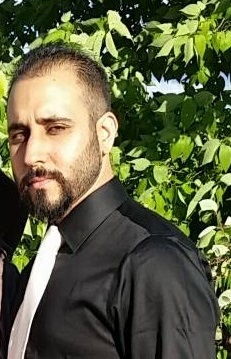
Sayyid-Ali Al-Zaidi
Ph.D. Candidate in Humanities, York University
Research Associate
About Sayyid-Ali Al-Zaidi
My doctoral research focuses on Orientalism, the history of archaeology in the Near East and Latin America from the 18th to 20th centuries, and Near Eastern studies in Latin America. My research interests also include Spanish phonology and loanword adaptation.
Country(ies) or Region(s) of Specialization: Mesoamerica, Andes, Argentina, and Brazil
Keywords: Archaeology, Art History, Orientalism, Linguistics, Religion, and Law
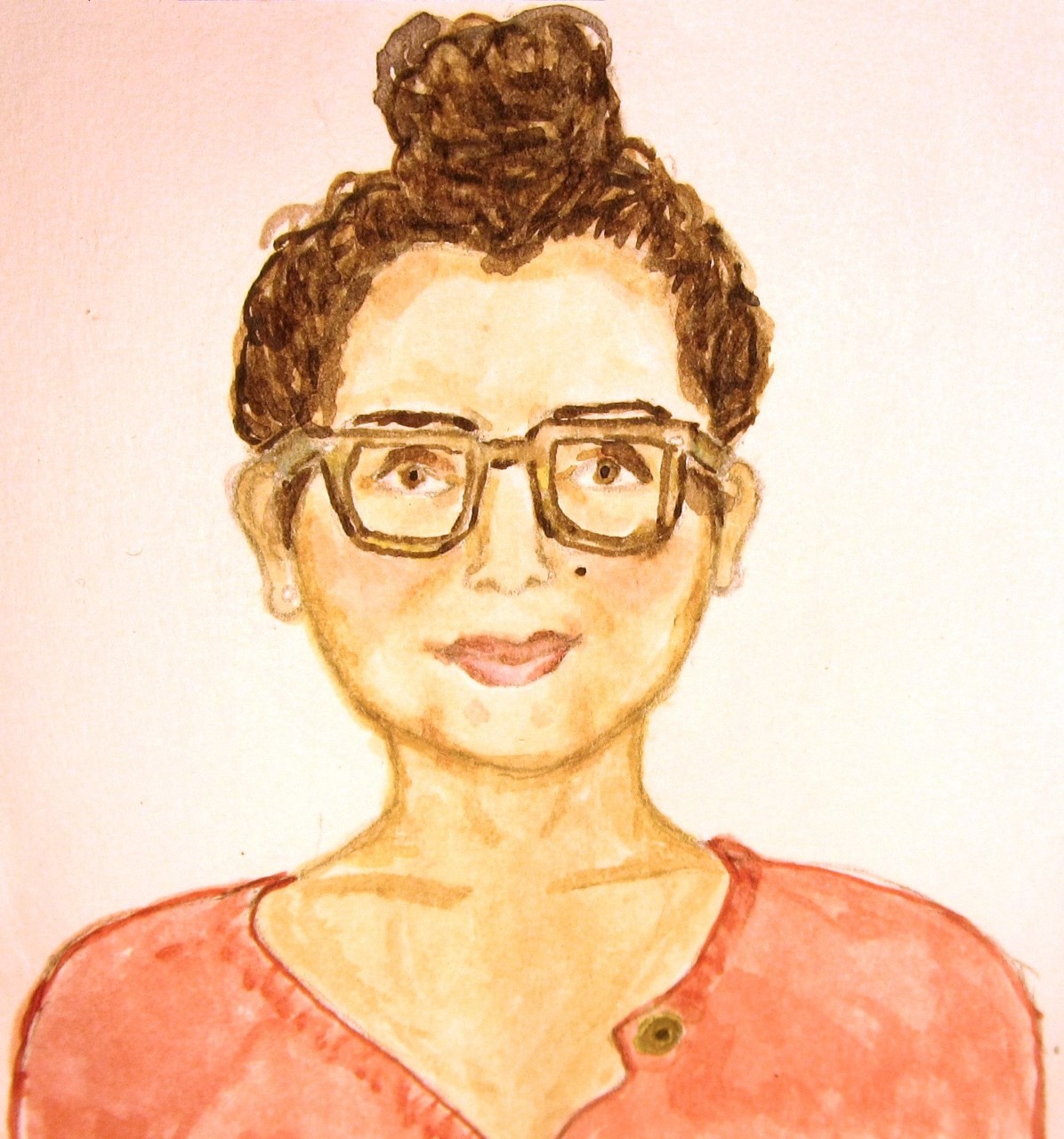
Sochitl Alfaro
Ph.D. Candidate in Gender, Feminist and Women's Studies, York University
Research Associate
About Sochitl Alfaro
My research focuses on sexuality education in schools in El Salvador.
Country(ies) or Region(s) of Specialization: El Salvador
Keywords: Sexuality Education, Decolonial Feminist Praxis
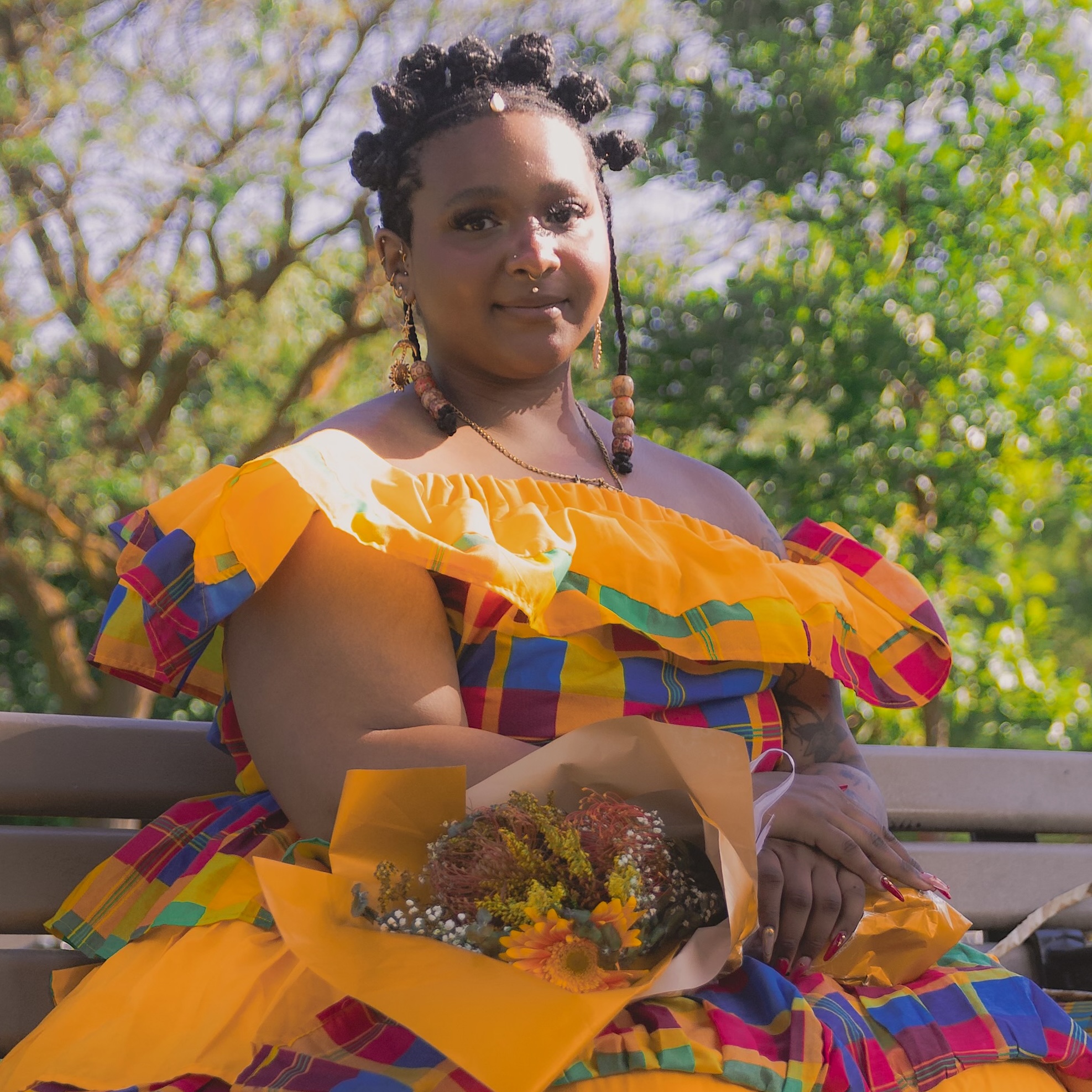
Zakirah Allain
M.A. Candidate in Social Anthropology, York University
Research Associate
Research Cluster: Migration, Labour, and Political Economy
About Zakirah Allain
Zakirah recently graduated with a double major in International Development and African Studies here at York University, successfully completing two DARE research projects along the way. Now in her first year of a Master’s in Social Anthropology here at York, her research focuses on Caribbean student migration for higher education. She chose anthropology due to her deep interest in and commitment to learning about diverse communities and cultures as well as their local, national and global interconnectedness. She has interests in abolitionist and decolonial anthropology, Caribbean migration and education systems, Participatory Action Research, intergenerational learning, and creative methods of displaying research such as Zines, narratives, and visual art!
Beyond academics, Zakirah is deeply engaged in community leadership. She continues to advocate for Black student success and is personally exploring ways to bridge theory and practice while making research more accessible to public audiences, breaking barriers to access to knowledge and information. As a Lead Organizer with Conscious Minds Cooperative, she is planning the 11th annual intergenerational summer camp, which focuses on climate change advocacy, human rights, education, holistic living, and decolonization. She is also involved in research with the Dahdaleh Institute's Young Lives Research Lab, focusing on Youth and Planetary Wellbeing in collaboration with multiple youth research councils across the Americas. She hopes to continue travelling for research, publishing her work and presenting at conferences.
Zakirah aspires to work in the non-profit sector in project management, educational policy reform, and/or supporting Caribbean international students and Caribbean Canadian students in their academic journey. She holds the ultimate goal of pursuing a PhD, becoming an educator and opening her own alternative school!
Country(ies) or Region(s) of Specialization: Saint Lucia, the Caribbean, and Eastern Caribbean Region
Keywords: Education, Migration, Decolonisation, Abolition, Arts Based Methods, Storytelling, Community centred Research, Student Success
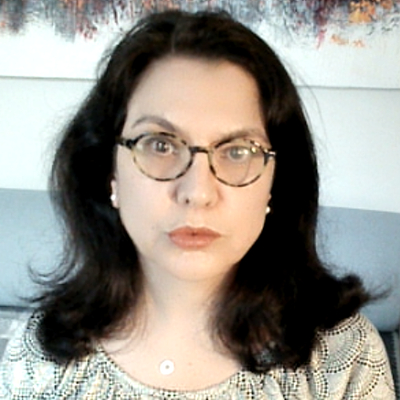
Maria Amuchastegui
Ph.D. Candidate in Science and Technology Studies, York University
Research Associate
About Maria Amuchastegui
I am a PhD student in Science and Technology Studies (STS). My dissertation will examine the work of the seventeenth-century Spanish philosopher Juan Caramuel, who took seriously the marginalized knowledge of indigenous peoples. It will explore how the indigenous peoples of the New World inspired Caramuel to develop his theory of numeration, his notion that there exist “many possible arithmetics”. It will draw upon postcolonial theory, especially as it relates to STS and the history of science.
In previous lives, I have variously been an educator, an IT consultant, a computer programmer, a human rights activist, and a freelance writer. One article that I wrote for This Magazine, “Take me to Havana,” was cited by both the Globe and Mail and the Toronto Star as the “best magazine read” of the week. Another article, “Farming it out,” inspired a Toronto Star investigative series on a farmworker, Hermelindo Gutiérrez, who faced deportation because of his health. As a result of the media attention that Gutiérrez received, he was allowed to remain in Canada.
I have served on the board of directors of Amnesty International Canada, where I helped lead Amnesty’s work on business and human rights, especially as it relates to Canadian mining companies in Latin America. I am a past president of the board of the Centro para Gente de Habla Hispana, a United Way agency that serves Toronto’s Latin American community. I have also been involved in groups such as the Latin American Coalition Against Racism (a group formed to combat police racism against Latinos), STATUS (a group that advocated for non-status immigrants), and No One Is Illegal.
Country(ies) or Region(s) of Specialization: Mexico, Peru, Paraguay
Keywords: History of science, postcolonialism, indigenous knowledge
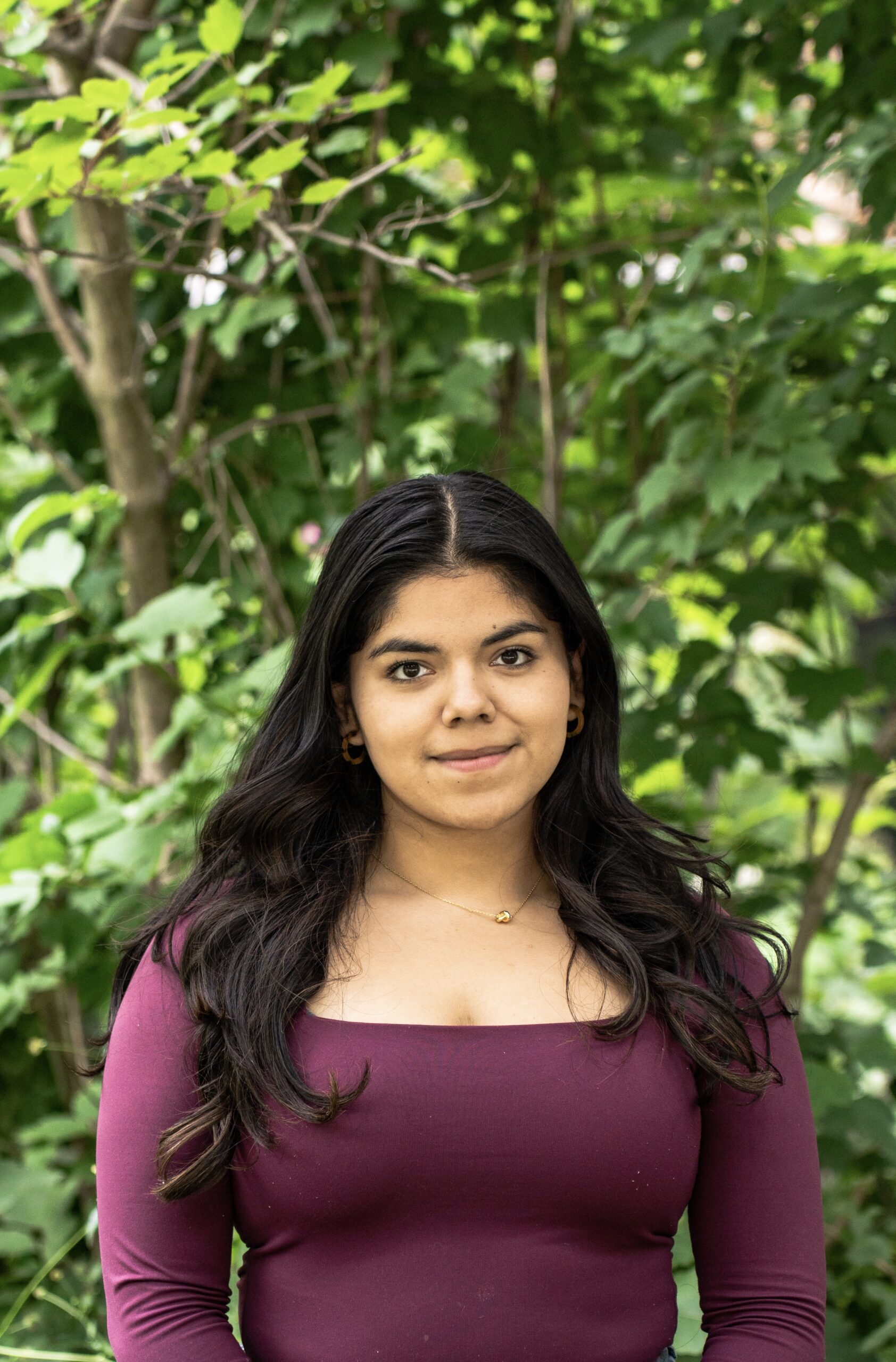
Luisa Regina Anota Guzman
M.A. Candidate in the Faculty of Environmental and Urban Change, York University
Research Associate
Research Cluster: Environment, Extraction, and Territory
About Luisa Regina Anota Guzman
Luisa Regina Anota Guzmán is a master's candidate in Environmental Studies at the Faculty of Environmental and Urban Change. Originally from Mexico City, she has studied in six countries, enriching her global perspective on environmental issues.
At York University, Regina has been actively involved in faculty initiatives, student associations, and councils, enhancing her leadership skills and professional network. Her research centers on the political economies of Mexico in the context of the energy transition, examining how environmental policies and economic frameworks interact to navigate the challenges of renewable energy development.
Regina aims to contribute to sustainable development in Mexico by advocating for green transitions within its political economy, striving for equitable energy access and a more sustainable future.
Country(ies) or Region(s) of Specialization: Mexico
Keywords: Environmental justice, energy transition, environmental policies, renewable energy, sustainable development, equitable energy

Patricia Bailey-Brown
Ph.D Candidate in in Health, Policy, and Ethics at York University
Research Associate
Research Cluster: Migration, Labour, and Political Economy
About Patricia Bailey-Brown
Patricia Bailey-Brown is a Registered Social Worker, Psychotherapist, and doctoral candidate in Health, Policy, and Ethics at York University. She holds a Master’s in Social Work from the University of Waterloo, a Bachelor’s from Toronto Metropolitan University, and a diploma in Social Service Work – Immigrants and Refugees from Seneca College.
With over a decade of experience, Patricia specializes in trauma-informed, culturally relevant counseling for 2SLGBTQ+ Afro-Caribbean newcomers, refugees, and asylum seekers. Her research investigates how Canada's healthcare system addresses the mental health needs of Black LGBTQ+ refugees and asylum seekers from the Caribbean and African diaspora, particularly Jamaica and Kenya. These individuals face compounded marginalization due to their race, sexual orientation, and refugee status, leading to unique mental health challenges that are often overlooked within Canada's healthcare policies.
Patricia has co-authored the publication Filling in the Gaps: Examining the Prevalence of Black Homelessness in Canada (Emerald Insight) and contributed a book chapter titled Understanding the Intersecting Stigmas and Discrimination That Impact the Lives of Black LGBTQIA+ Refugees and Asylum Seekers in Canada to Reimagining Mental Health and Addiction Under the COVID-19 Pandemic, Volume 2 (Springer, Cham). She is also been approved for publication of her article, Making Social Work Research Black: Beyond Number Politics, in the Journal of Critical Research Methodologies.
As Black Caribbean woman who has personally navigated Canada’s refugee system, Patricia is dedicated to creating intersectional, culturally attuned interventions to improve mental health outcomes. She also volunteers her expertise through solution-focused therapy, group counseling, immigration support, and psychoeducational workshops for community organizations.
Country(ies) or Region(s) of Specialization: Jamaica, Kenya, Canada
Keywords: Mental health, health care system, black LGBTO+, refugees, asylum seekers
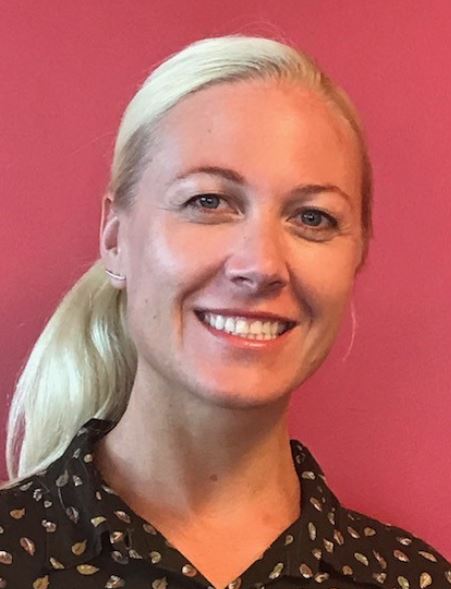
Linn Biorklund Belliveau
Ph.D. Candidate in Geography, York University
Research Associate
About Linn Biorklund Belliveau
Linn Biorklund Belliveau is a PhD candidate in the Department of Geography at York University. Her research interests include human displacement, violence, humanitarianism, and feminist geopolitics. The purpose of Linn’s doctoral research stem from years of working with displaced communities and non-governmental organisations, including Médecins Sans Frontières, in Mexico, Central America and many other parts of the world. Using ethnographic, participatory and art-based methods she engages feminist epistemologies and centres transnational collaborations, to question reductionist representations of people who manoeuvre cross border lives and related spaces. Her dissertation, which is funded by the Social Sciences and Humanities Research Council of Canada (SSHRC) and the Graduate Fellowship for Academic Distinction, is currently titled: Geographies of Violence and Contestation across Borders: Everyday Politics of Migrant Women at the Mexico-Guatemala U.S. Proxy Border. She also conducts research on temporary protection mechanisms, in view of restrictive immigration policies and wellbeing. Her related publications have appeared in journals such as Geopolitics; Refugee Survey Quarterly; and Conflict and Health. Linn is also a research fellow at York University Centre for Refugee Studies and Dahdaleh Institute for Global Health Research.
Country(ies) or Region(s) of Specialization: Mexico, Northern Central America
Keywords: Human displacement, violence, humanitarianism, feminist geopolitics
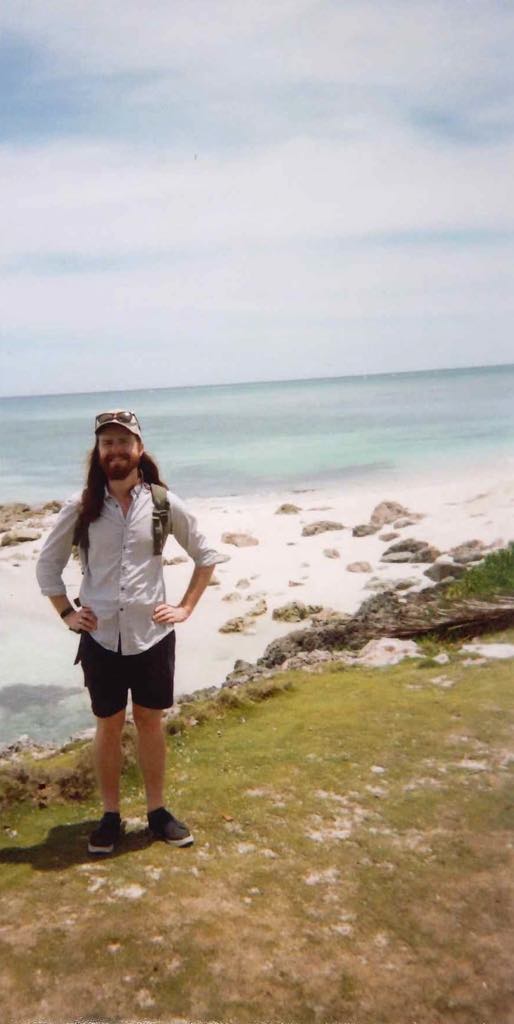
Griffin Cahill
Ph.D. Candidate in Linguistics and Applied Linguistics, York University
Research Associate
Research Cluster: Arts, Literatures, and Languages
About Griffin Cahill
Griffin Cahill is a PhD candidate in Linguistics and Applied Linguistics at York University. His research focuses on the cases of minority languages, indigenous languages, pidgin & creole languages, languages in diasporic environments, and languages undergoing revitalization. He is devoted to the preservation, reclamation, and promotion of these languages. Among his interests which focus on the Latin American and Caribbean region, are national language policies and the creole languages of Caribbean, particularly Haitian Creole, the phonology of Curaçao Papiamentu, and the phonetics of Cuban Spanish. His commitment to the region is perhaps best exemplified in a long-standing connection to the Faculty of Arts and Communication at the University of Holguín in eastern Cuba.
Country(ies) or Region(s) of Specialization: Aruba, Bonaire, Cuba, Curaçao, Haiti
Keywords: Linguistics, multilingualism, phonetics/phonology, language policy
